Our Future Ready Alliance began the New Year with workshops on all three of its focus areas—Student Plans, Social & Emotional Learning (SEL) and Instructional Approaches to Personalized Learning.
The workshops are part of a new two-tier structure that the Alliance inaugurated in the fall. Under it, the workshops support discussions in Professional Learning Communities (PLCs) tied to each focus area.
“Many of our participating districts seem now to be invested in all three of these aspects of Future Readiness,” said Program Director Aaron Altemus who collaborates with Program Directors Sarah Brooks, Christy Kuehn, PhD., and Debbie Pixton to organize programming for the Alliance. “We see districts with many effective practices already in place, so their emphasis now is on digging deeper and making sure that student plans, SEL, and various instructional approaches to personalizing learning are being combined to maximize the impact on students.”
Alliance workshops are intended to provide research and background information for PLC meetings and serve as springboards to discussion. The latest workshop focused on Instructional Approaches to Personalized Learning.
Personalized learning “isn’t just a fad,” Brooks told attendees, citing recent research from the University of Pittsburgh’s Institute of Politics.
There are, however, several misconceptions about it, including the notion that it requires wholesale changes in classroom practice, she said. “You can get there with small, subtle changes to strategies you’re already using and build from there.”
The session proved timely for Highlands School District, whose Coordinator of Curriculum & Instruction, Catherine Russo, Ed.D., said Highlands has been moving toward personalization in grades K-8 since last year. The district has started tailoring instruction more for individual students and begun using some Project-Based Learning as a way of giving them more ownership.
The steps have resulted in “greater student engagement,” Russo said, noting that she’s participating in the workshop and the associated PLC to gather ideas for taking her district to the next level. Among others, she said she’s interested in learning more that will help educators tie the work done so far to competency-based learning, in which students learn at their own pace, while progressing toward mastery of the same core concepts.
Previous workshops on Student Plans and SEL underscored their role in helping students become future ready.
Presenting research on student plans, Kuehn told attendees that 80 percent of students nationwide are engaged in some sort of planning. But too often, the plans are limited to educational goals, like going to college, or are completed as checkoffs to meet standards.
The Alliance aims to help educators find ways of making the planning process more robust so that it “helps students find their voices, identify their passions, and chart paths for success,” Kuehn said.
Part of that involves helping students understand how non-academic skills figure into their future success, Pixton said at the first SEL workshop.
Contrary to common misconceptions, SEL isn’t just about mental health, she noted. “SEL also is about helping students gain skills such as self-awareness and responsible decision-making that they’ll need to pursue their goals. In that regard, SEL can play an important role in student planning and development.”






